Association of University Centers on Disabilities
AUCD supports disability research, provides workforce training, and helps to develop policy that affects people with disabilities.

AUCD supports disability research, provides workforce training, and helps to develop policy that affects people with disabilities.
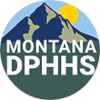
The MT DDP helps people with developmental disabilities to live and work within their home communities.

Montana 2-1-1 provides information and connects people to resources for non-emergency needs.
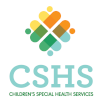
A guide for new Montanans to help you find resources and get connected to programs or organizations that can help.
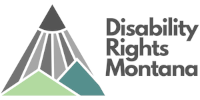
Disability Rights Montana’s mission is to protect and advocate for the human, legal, and civil rights of Montanans with disabilities while advancing dignity, equality, and self-determination.
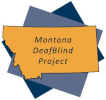
The Montana DeafBlind project is a source of specialized information, technical assistance, and resources focused on improving education, inclusion, and college and career readiness for individuals with combined hearing and vision loss between the ages of birth through 21.
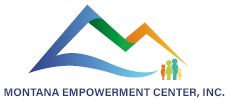
Provides support, information, and tools to families to help them make informed decisions as equal partners in their child’s education.
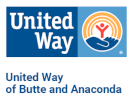
United Way’s global mission is to improve all community residents’ education, income, and health.
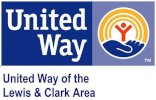
United Way’s global mission is to improve all community residents’ education, income, and health.

The Rural Institute builds access and opportunity for people with disabilities through education, research, evaluation, and service.

URLEND works to improve health care delivery systems for children with developmental disabilities, and also to enhance cultural responsiveness, family-centered care, and interdisciplinary partnerships.

Montana Vocational Rehabilitation and Blind Services promotes opportunities for Montanans with disabilities to have rewarding careers and achieve maximum personal potential.

Public Notice:
Family Outreach Inc. follows disability transportation coordination plans developed by the Helena Area Transit Advisory Committee and the Butte-Silver Bow County Transportation Advisory Committee. These coordination plans help to facilitate safe, reliable, affordable, and available transportation for people with disabilities across multiple agencies. The 2026 coordination plans can be viewed here (PDF format):

MT ECFSD’s Children’s Special Health Services works to help children and families in Montana receive the healthcare and supportive services they need to live fulfilling, healthy lives in their communities.

The Health Insurance Premium Payment (HIPP) Program allows Medicaid funds to be used to pay for private health insurance coverage when it is cost effective to do so.

Provides financial assistance for Montana children who have to travel for critical healthcare.

The Lifeline program provides a discount on phone service for qualifying low-income consumers.
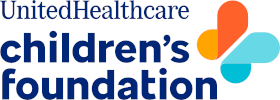
Provides grants to help families with their children’s medical expenses not covered, or not fully covered, by commercial health insurance.

Limited State funds are available to assist families when their health insurance is insufficient or unwilling to pay for genetic testing, and when the family has no other resource to cover the requested service.
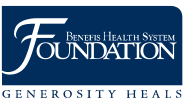
Disburses grants to assist families caring for a child suffering from serious illness or disease, or to assist families who have recently lost a child.
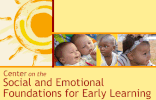
The Center on the Social and Emotional Foundations for Early Learning (CSEFEL) is focused on promoting the social emotional development and school readiness of young children birth to age 5.

ECC promotes systemic change for children age prenatal to eight and their families, and helps coordinate communications and community efforts to promote positive early childhood outcomes. (Note: The ECC does not provide direct services to children or families.)

Head Start is a program of the United States Department of Health and Human Services that provides comprehensive early childhood education, health, nutrition, and parent involvement services to low-income children and families.

HMHB works to raise awareness, trigger policy change, and strengthen the implementation of maternal nutrition interventions— multiple micronutrient supplementation (MMS) in particular.
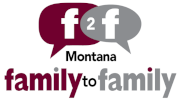
The Montana F2F connects families with providers, programs, or other families facing the same issues. They also collect family stories and share identified needs and roadblocks-to-care with agency heads, legislators, and others who influence systemic change.
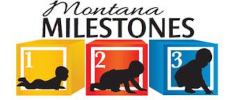
Montana’s comprehensive system of early intervention services and supports for families who have infants or toddlers (from birth through three).

The Montana Family Support Services Advisory Council serves as Montana’s interagency coordinating council to advise and assist the Department to plan, develop, and implement Montana’s comprehensive, multi-disciplinary, coordinated program of early intervention and family support services.

NCPMI envisions a world where all young children will have a positive future through the promotion of their social emotional competence in equitable and inclusive environments.
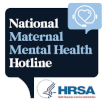
Trained hotline counselors will listen to what you’re going through, connect you with local support groups and organizations, and refer you to other health care professionals if you need more care.

Head Start at RMDC aims to be a supportive and safe learning environment for children and families by enhancing their sense of belonging and self-worth while encouraging them to reach their highest potential.

Zero to Five Montana is a statewide early childhood organization focused on increasing access to early care and education, supporting and strengthening families, uplifting voices, and empowering small businesses and communities.
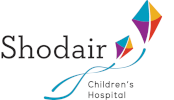
Shodair Children’s Hospital’s Department of Medical Genetics works to meet the genetic needs of Montanans through diagnosis, consultation, support for families, outreach, scholarship, and education.

Explore college options for students with autism spectrum disorder. This guide covers college transition planning and how to find the right college.

Designed for those who support, instruct, work with, or live with someone with autism, the Autism Internet Modules (AIM) guide users through case studies, instructional videos, pre- and post-assessments, discussion questions, activities, and more.
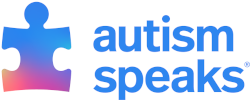
Autism Speaks is dedicated to creating an inclusive world for all individuals with autism throughout their lifespan.
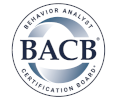
The BACB’s mission is to protect consumers of behavior-analytic services by systematically establishing, promoting, and disseminating professional standards.

VCU-ACE conducts, reviews, and disseminates research into innovative and practical solutions to create successful outcomes for individuals with Autism Spectrum Disorder in school, work, and life.